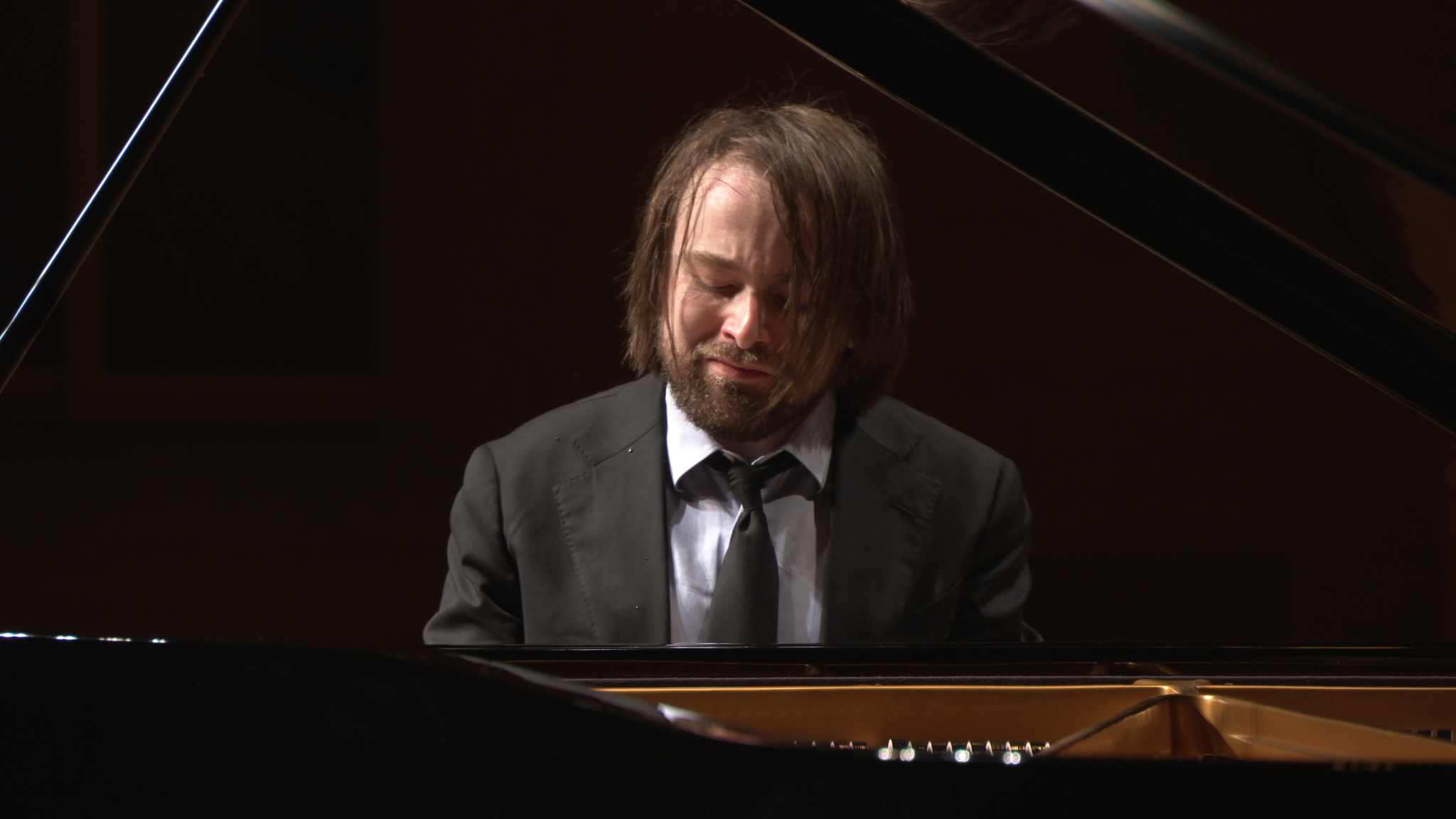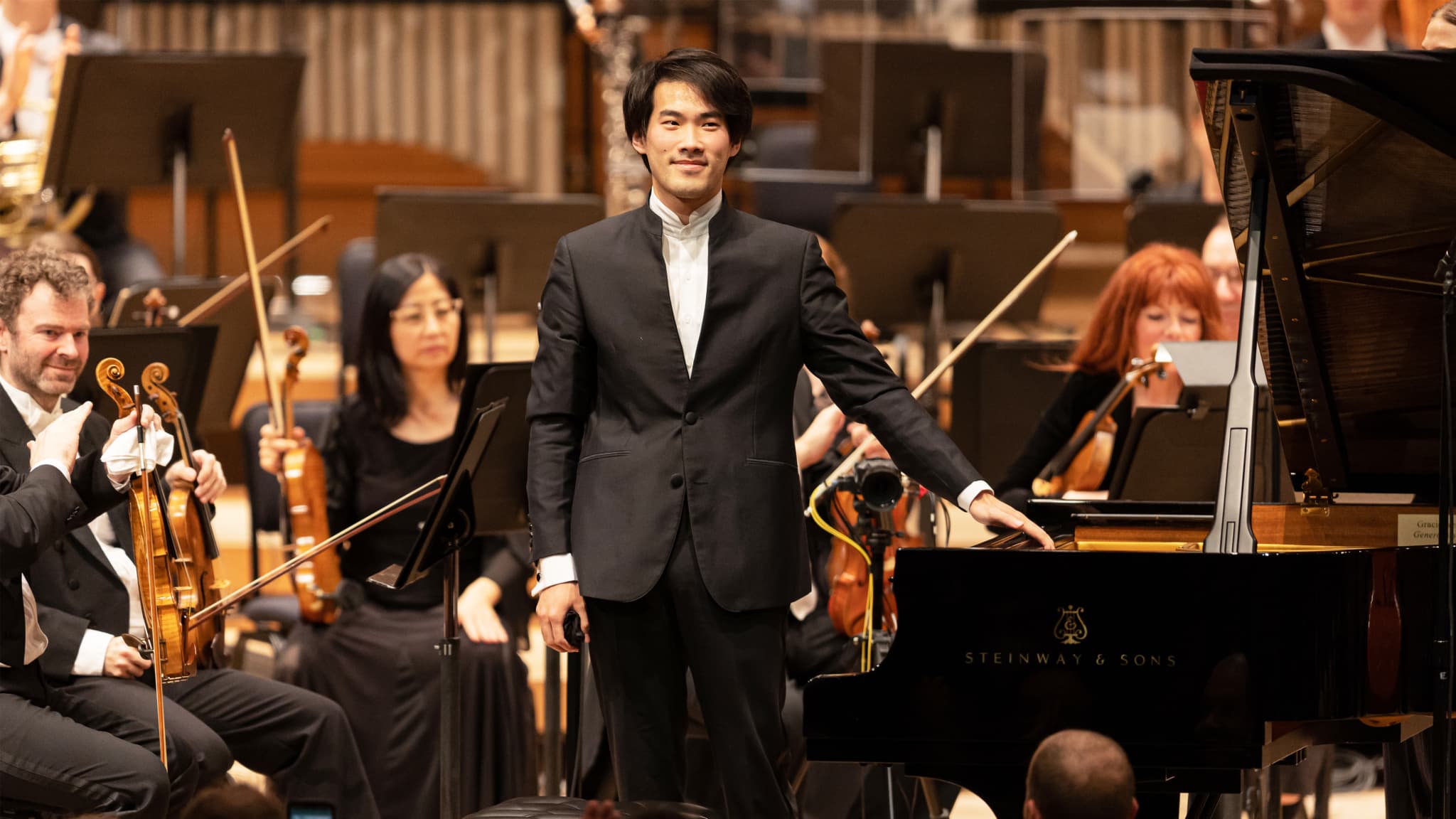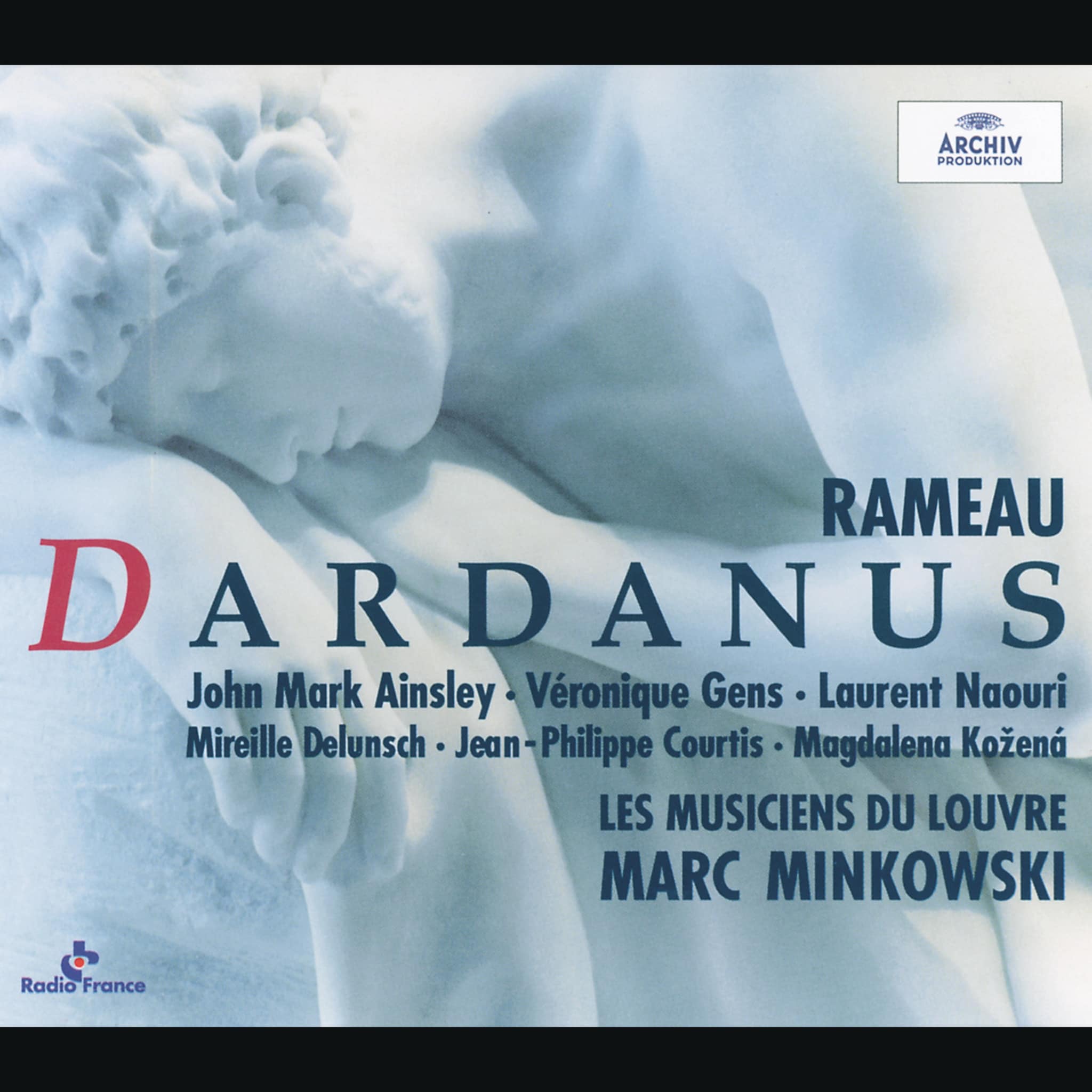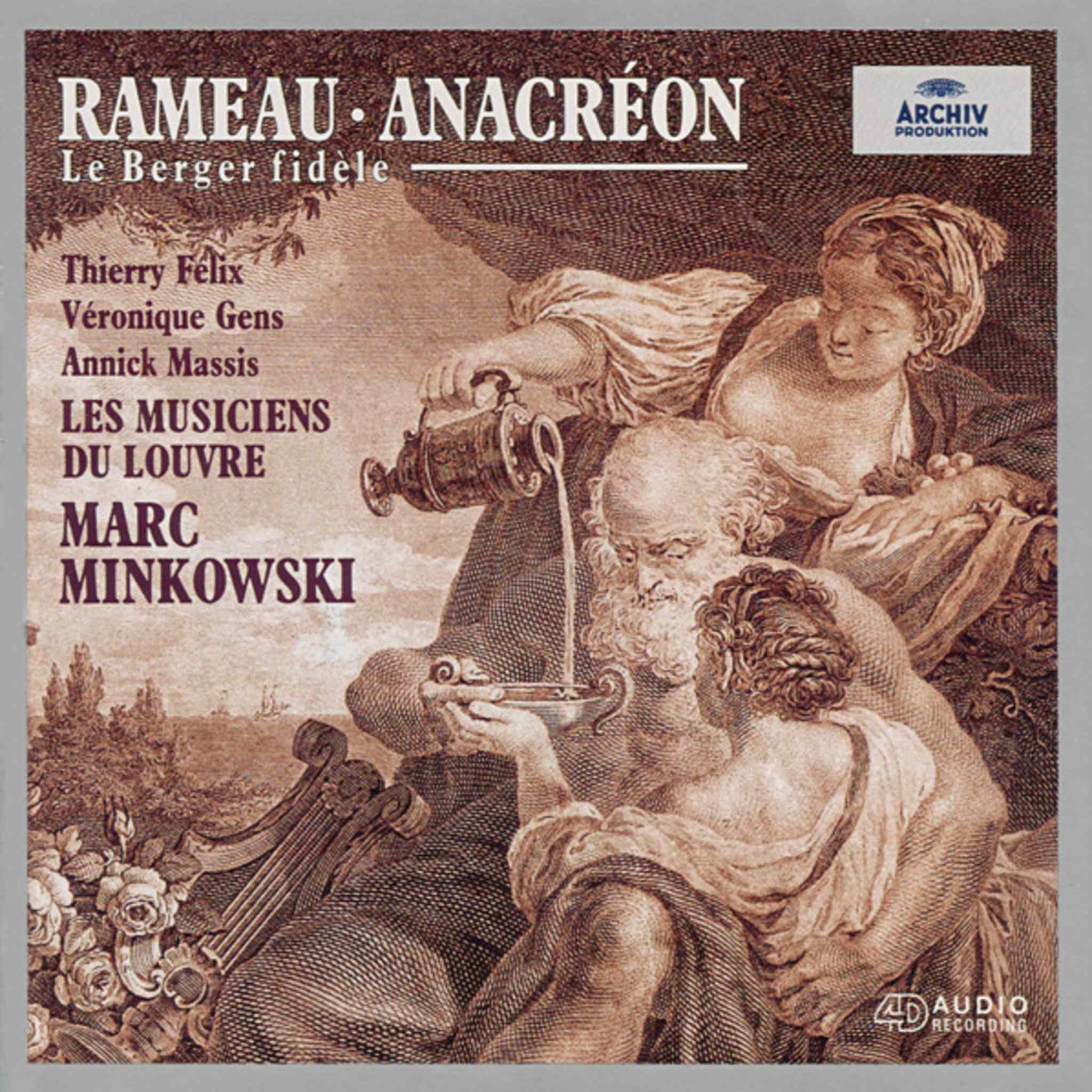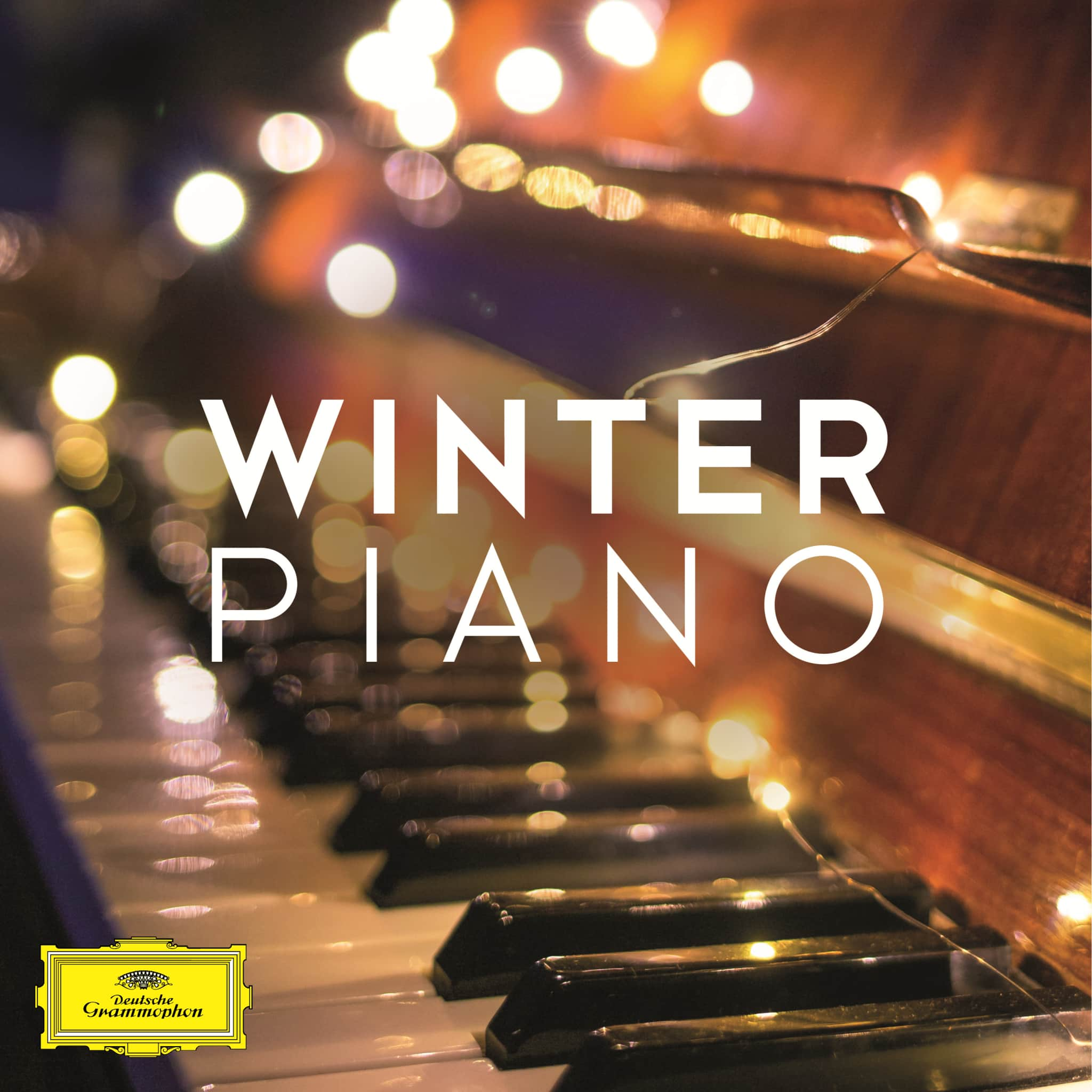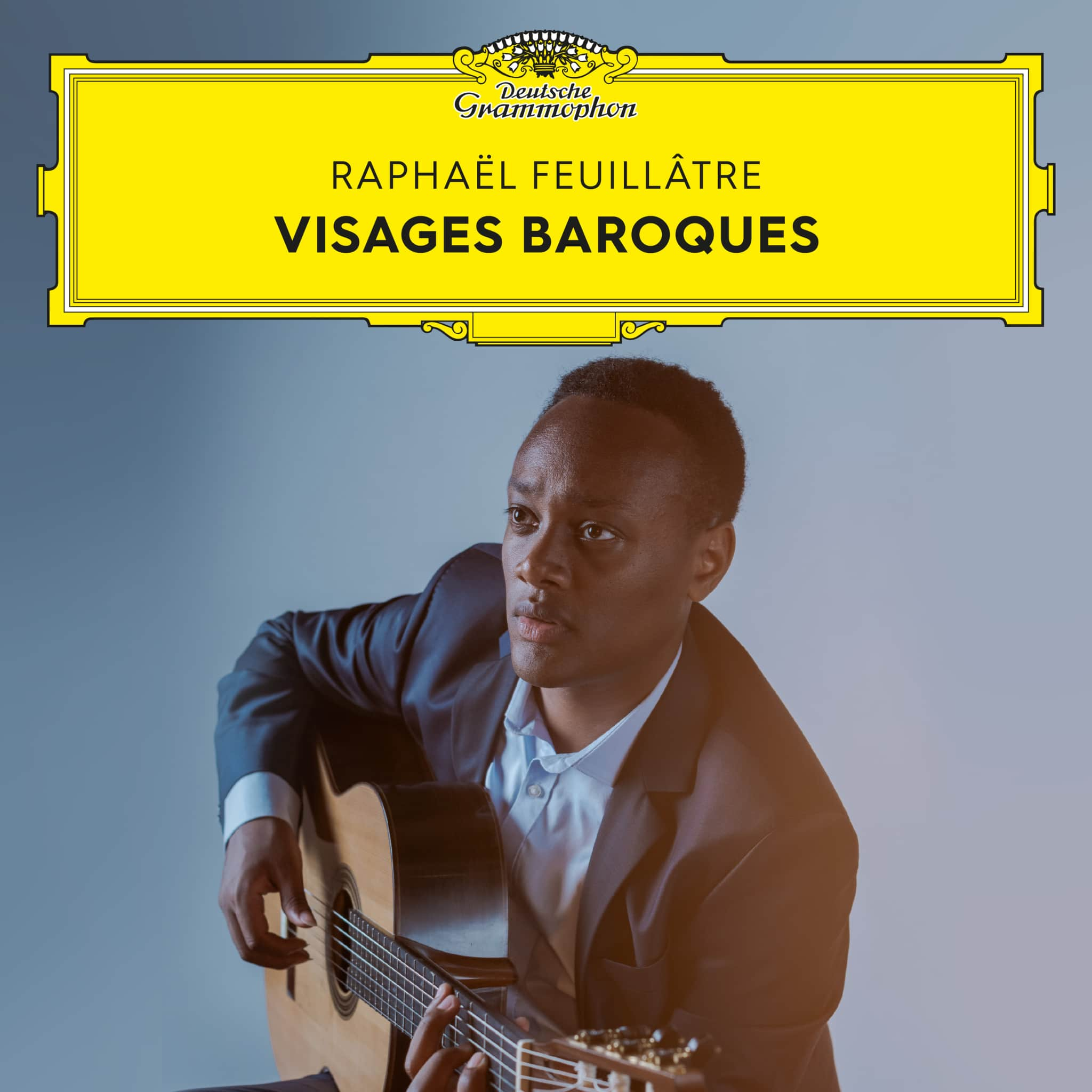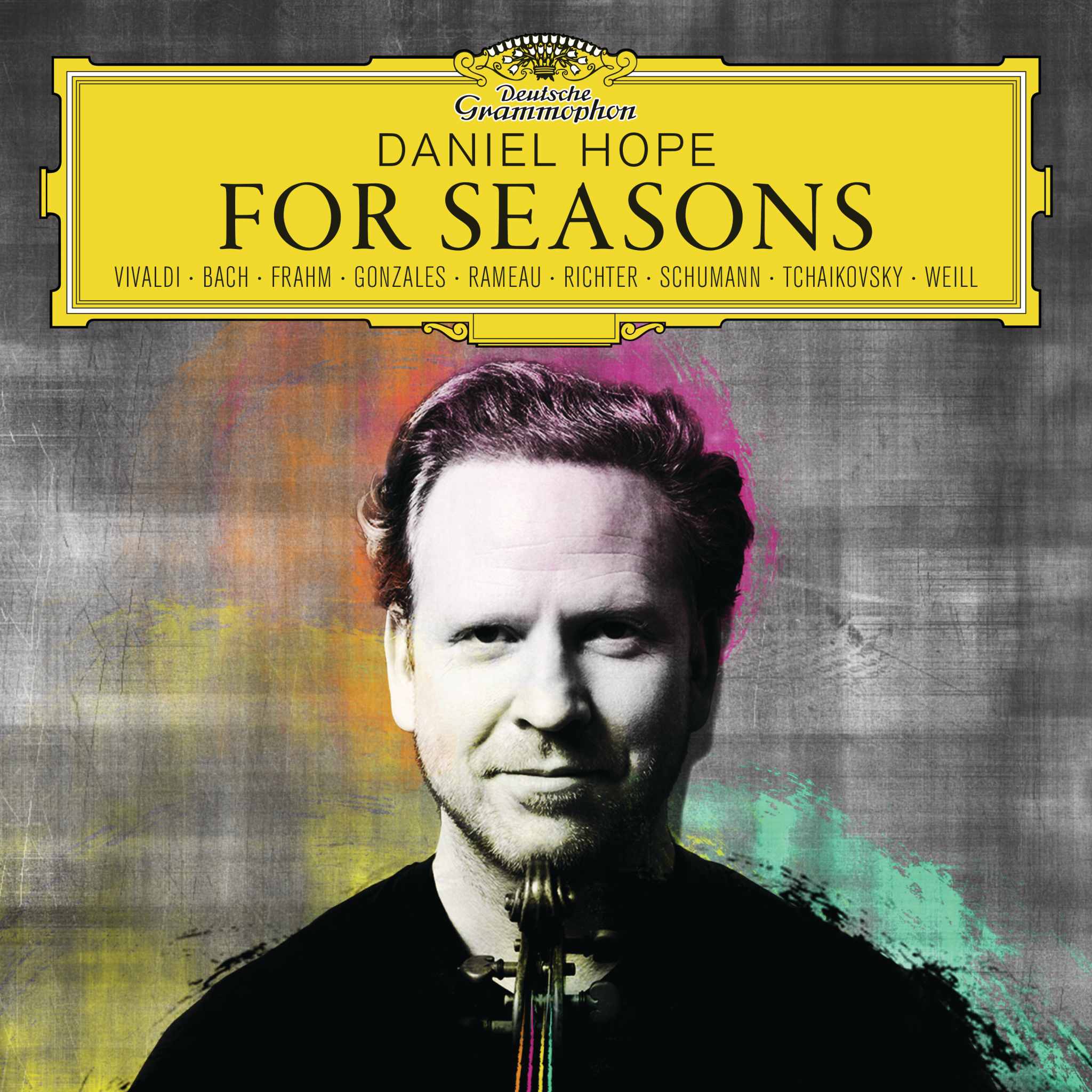Jean-Philippe Rameau: Revolutionary French Composer and Theorist
Jean-Philippe Rameau (1683–1764) stands as a monumental figure in French Baroque music and theory, celebrated for his groundbreaking operas, harpsichord works, and influential treatises. Recognized as one of the most important French composers before Berlioz, Rameau’s innovations in orchestration, harmony, and dramatic music redefined the French musical landscape.
Early Influences
Born in Dijon, Rameau’s musical journey began under his father’s tutelage, followed by travel through Italy and a series of provincial appointments before settling in Paris in the 1720s.
Theoretical Impact
His Treatise on Harmony (1722) revolutionized music theory, introducing concepts like the fundamental bass and functional harmony.
Operatic Legacy
Supported by patron Le Riche de la Pouplinière, Rameau debuted his first tragédie en musique, Hippolyte et Aricie, in 1733. This was followed by the immensely successful opéra-ballet Les Indes galantes (1735), cementing his reputation as the leading French composer of his era.
Stylistic Contributions
Rameau’s music, characterized by orchestral innovation and emotional depth, embodied both the grandeur of the Baroque and the emerging rococo style.
Critical Reception
Although Rameau faced criticism for the complexity of his works and was central to the “querelle des bouffons” (debate between French and Italian opera styles), his influence persisted, and he is now seen as the antithesis of Italian musical trends of his time.
Historical Rehabilitation
After fading into obscurity following his death, Rameau’s reputation has undergone a significant rehabilitation. His works are now regularly performed and recorded, and his theoretical contributions continue to influence the study and practice of music.
The details about his works (such as Hippolyte et Aricie and Les Indes galantes), stylistic innovations, and the “querelle des bouffons” are correct. Regarding the list of performances and artists: as long as those are indeed featured on STAGE+ or in contemporary concert listings, there are no factual errors here either. The historical and biographical statements remain accurate. If you require fact-checking of the specific performance list or artists, please confirm that each concert or artist featured does perform Rameau’s repertoire on STAGE+, as only general context is visible in sources. However, based strictly on the data provided, there are no factual inaccuracies.


